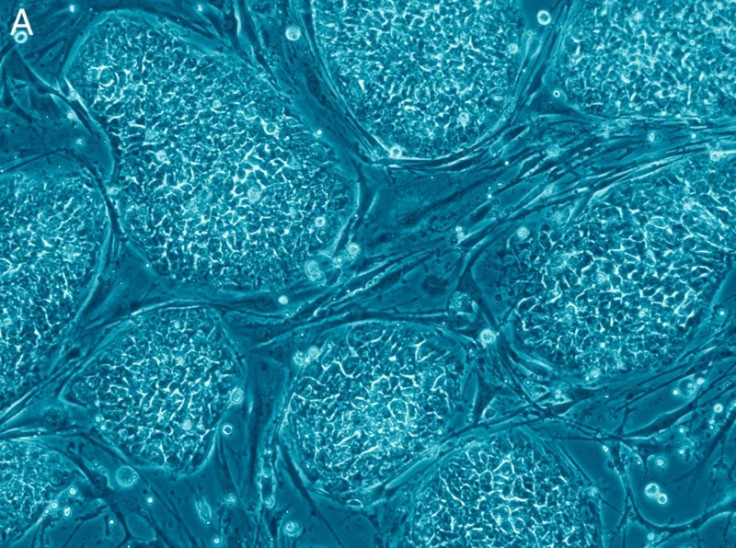Human Egg Cells Can Be Grown in Lab From Stem Cells- Study

Stem cells taken from women's ovaries can be used to create new eggs at labs, according to a new study.
An experiment conducted by the scientists from the Edinburgh University and the Harvard Medical School revealed a way to grown an entire human egg cells taken from stem cells in the laboratory. They found that stem cells taken from donated, frozen ovaries could produce human egg cells, or oocytes.
"The primary objective of the current study was to prove that oocyte-producing stem cells do in fact exist in the ovaries of women during reproductive life, which we feel this study demonstrates very clearly," said Jonathan Tilly, researcher at the Harvard Medical School in a statement.
"The discovery opens the door for development of unprecedented technologies to overcome infertility in women and perhaps even delay the timing of ovarian failure," he added.
During the experiment, researchers triggered the stem cells from a frozen ovary by using new cell-sorting techniques to coax them into developing oocytes.
Researchers claim that this new discovery can help infertile or older women to have a baby.
Scientists believe that by producing human eggs from stem cells, they could actually replenish the ovaries of older women which will help them overcome age related problems.
Earlier, human egg cells could be fertilised through In vitro fertilisation (IVF) treatment. IVF is a process by which egg cells are fertilised by sperm outside the body. IVF is a process involves hormonally controlling the ovulatory process, removing ovary (eggs) from the woman's ovaries and letting sperm fertilise them in a fluid medium. Then the eggs are studied for 14 days to see if they are normal and then fertilised egg is then transferred to the patient's uterus with the intent to establish a successful pregnancy.
Now the scientists are seeking permission from the UK fertility watchdog to fertilise the eggs as part of a series of tests to generate an unlimited supply of human eggs, a breakthrough that could help infertile women to have babies as well as making women as fertile in later life as men.
"If we can guide the process correctly, I think it opens up a chance that sometime in the future, we might get to the point of actually having an unlimited source of human eggs," said Tillly .
"If we can get to the stage of generating functional human eggs outside the body, it would rewrite human-assisted reproduction," he added.
© Copyright IBTimes 2025. All rights reserved.



















